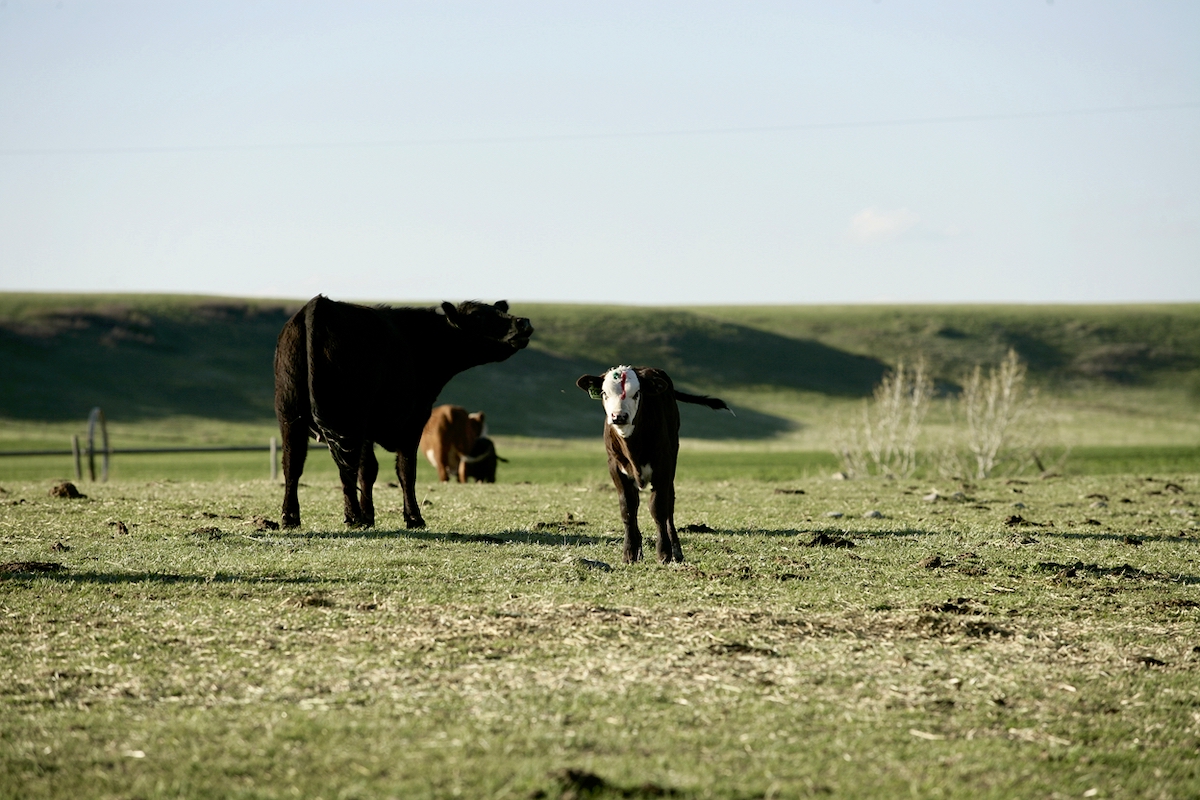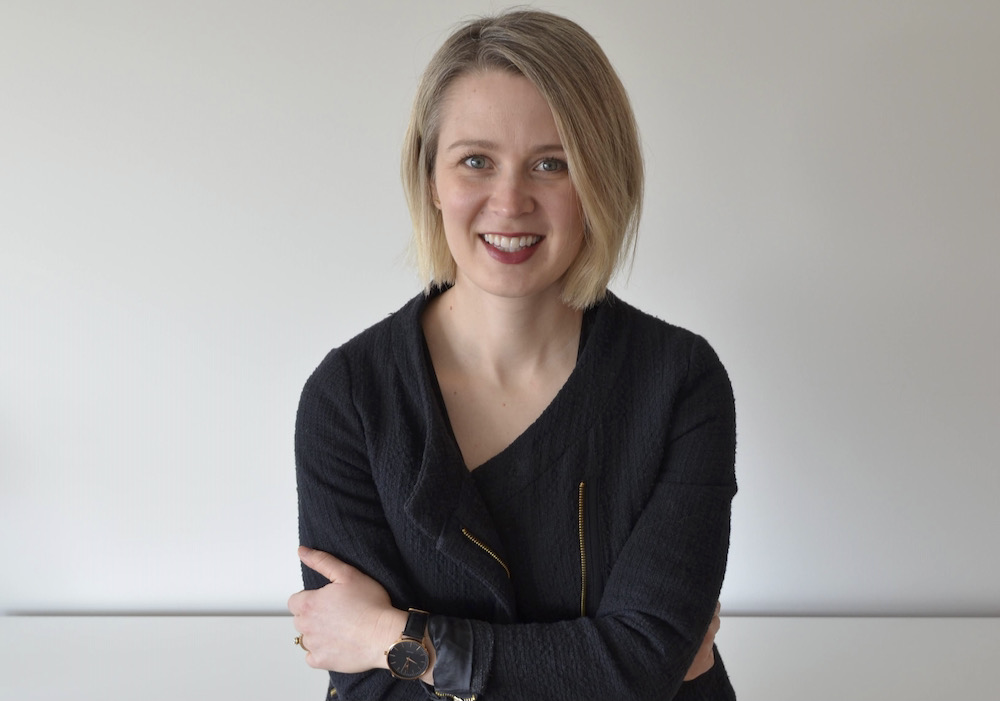Mentorship can take many forms from basic and very informal all the way up to formal professional mentorship programs. The Canadian Cattlemen’s Association Cattlemen’s Young Leaders Program (CYL), now in its 10th year, is one such program. It has proven to be a valuable addition to the Canadian beef industry scene and especially to those who have participated in the program.
Several of these past mentorship program participants have cropped up in the pages of Canadian Cattlemen with their innovative management practices and contributions to our industry. Still others have gone on to lead the way for various provincial beef producer groups, Canadian Cattlemen’s Association committees and beef breed associations across the country. It is mentorship opportunities like these that help put the right people in the right places.
Read Also

Body condition, nutrition and vaccination for brood cows
One of the remarkable events of the past century related to ranching has been the genetic evolution of brood cows….
Saskatchewan rancher Ryan Beierbach is a prime example of how mentoring can not only advance an individual’s business but also fast-track their involvement as an industry leader. As a graduate of the first official group of CYL participants, it is safe to say that he is making waves in the beef industry.
In addition to running his ranch, ranch supply business and raising a family, Beierbach has been involved with many industry organizations. Through his mentorship and board experience he has become an industry voice that is well respected when it comes to industry issues.
Ranching on the High Plains
Beierbach ranches near Whitewood, Sask., along with his wife, Tania, and three children, Lara, Rana and Jace. All five of the Beierbach family members have a passion for ranching and enjoy working cattle on horseback. All three members of the younger generation participate in high school rodeo and Beierbach is proud to say they put these skills to good use helping out with the day-to-day ranching tasks.
The focal point of their ranching operation is the cattle. They are intent on raising top-quality, sound, easy-fleshing cattle. Fertility is of utmost importance when it comes to their breeding herd and replacement heifer program. Crossing their Black Angus cows on polled Hereford bulls, with those cross-bred females then bred back to Angus bulls, is the most effective route they have found to achieve these goals with their herd. Using this particular cross has also helped them develop a market for top-quality, home-raised bred heifers each fall with the heterosis of the black-white face females being in high demand in the commercial cow-calf world.
The birth of their side business, High Plains Ranch Supply, came as a necessary means to helping the newly acquired ranching operation survive the tumultuous times of BSE. They started out small, selling necessities that ranchers use every day from a small space in their garage. While the business still operates mainly from the ranch, they now sell products online as well as at various agriculture events throughout the year, the most notable being Canadian Western Agribition. In the past 15 years, High Plains Ranch Supply expanded its offering to a wide variety of ranch supplies, minerals, saddles and tack.
The main reason they have been so successful in growing this aspect of their operation is because they “carry products that we use ourselves every day,” says Beierbach. Having this first-hand product knowledge and the fact that the products they sell are “tried and true” allows them to sell good quality products that provide value to their customers.
A gateway to greater things
Beierbach says he was initially drawn to the CYL mentorship program as it looked like a great way to meet people interested in the beef business and make advancements in his own ranching operation. As it turned out, the whole experience was a gateway to much greater things.
Key to the success of his mentorship was being paired with ag marketing expert Kim McConnell. McConnell is a founder of AdFarm, one of North America’s largest agricultural marketing communications firms. This mentorship pairing was a great fit, as one of Beierbach’s main goals from the outset was to learn and apply creative marketing strategies and techniques that would take his various business enterprises to the next level.
It was through McConnell’s ability to bridge the gap between agricultural producers and consumers, says Beierbach, that he was, “able to gain a better understanding of how people not involved in the beef industry view our industry.”
This has since proved incredibly valuable in his different beef industry leadership roles. It gave him a new perspective and has enabled him to shape policy that benefits those within the industry as well as the public.
Another aspect of his mentorship with McConnell that has helped him, both at home and as an industry leader, was increasing his depth of understanding of industry-led groups and how they are able to influence positive outcomes for beef producers and their customers. In addition to that, this information gave Beierbach added confidence to become more involved in his provincial producer organizations and take on pivotal leadership roles. He has since sat as chair of multiple Saskatchewan Stock Growers Association and Saskatchewan Cattlemen’s Association committees, has chaired the Saskatchewan Cattlemen’s Association and is currently chair of CCA’s Beef Cattle Research Council.
Specific to his beef cattle operation, the mentorship experience of travelling to various industry events gave him the opportunity see what management practices worked well for others and decide whether these practices could add value to his own operation. Learning to outsource jobs that could be completed in a more cost-effective or efficient manner was another asset that added significantly to the profitability of his operation.
Informal mentorships have advantages too, adds Beierbach. Moving from the Cypress Hills area of southwest Saskatchewan to Whitewood in the eastern part of the province presented Beierbach with several management and grazing challenges. It was here that regular conversations with informal mentor and fellow rancher Lloyd Thompson proved beneficial in adapting his practices to the new locale.
“Neighbour and friend Ralph Corcoran, a holistic educator, has been a key mentor when it comes to grazing management,” he adds.
Many discussions and various tours with Corcoran and his connections have provided Beierbach with alternative grazing strategies. Through these methods he has been able to improve soil and plant health in his pastures, increasing their productivity.
Tips for making mentorship work
Beierbach is qualified to comment from the mentor perspective as well. In the past few years he has taken on multiple mentor positions. In a formal sense, he served as mentor for CYL participant Amy Mayner. While serving as past chair of the Saskatchewan Cattlemen’s Association, he provided direction to the chair and board of directors.
It is from this vantage point that Beierbach is able to share some of the challenges he encountered as well as his expertise on how to get the most out of any mentorship experience. He explains that one challenge common to most mentorships is finding the time to commit to the program.
As a mentee, this means setting aside enough time in the beginning to come up with a few well-thought-out goals. It also means allocating enough time to connect with each other and have regular communication. The reality is that the mentee and mentor are likely busy people and may operate on very different schedules, so laying out expectations and considering how much time is necessary to achieve the goals of the mentorship is critical for a positive outcome.
Another thing to consider is the fact that you and your mentor may not live anywhere near each other.
While there are more ways than ever to connect with today’s technology, in his experience “the ability to have multiple face-to-face communications” is key to making the most of any mentorship.
Unfortunately, travel restrictions will limit in-person mentorship meetings until the pandemic eases. To offset those effects, the CYL program has extended the program for the 2019 participants to August 2021.
Still, the bottom line, as Beierbach says, is that “you need to be proactive about communicating with your mentor.”
Mona Howe, owner of Mo Cattle, raises seedstock and commercial Angus cattle in southeastern Alberta and freelances in her spare time.
















